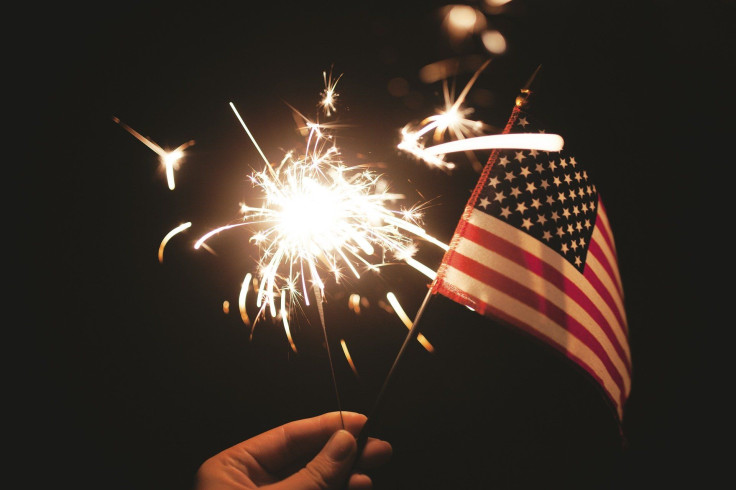Fourth of July Fireworks: Tips On How To Protect Your Hearing
KEY POINTS
- Hearing loss may occur over time from repeated exposure or from a single loud sound
- Sounds like firecrackers are "more hazardous to hearing than other loud noise," the CDC said
- There are simple ways to protect one's hearing while watching fireworks
Fourth of July has come again, and people are ready for fun gatherings and fireworks. Don't forget to protect your hearing while enjoying this year's celebrations.
Fireworks are a part of many people's Fourth of July celebrations, but these can be quite noisy. According to the Centers for Disease Control and Prevention (CDC), hearing loss can happen over time, such as when someone is exposed to loud noise repeatedly or quickly due to a single loud sound like that of a firecracker.
"The louder the sound, the shorter the amount of time it takes for hearing loss to occur," the agency explained.
For instance, ambulance sirens are 110-129 decibels, while noisy lawn mowers are about 80-110 decibels. Even at 80-85 decibels, someone may already experience hearing damage after two hours. At 105-110 decibels, hearing loss can occur within five minutes.
Fireworks, according to the agency, can "exceed 150 decibels," which can cause "pain and injury." "Explosive sounds like firecrackers are more hazardous to hearing than other loud noise," it said further.
Hearing Safety Tips This Fourth of July
One of the simple ways to enjoy watching the firecrackers this Fourth of July would be to simply watch them from a distance. According to the agency, someone may experience "immediate hearing damage" if a firework explodes close to their ears.
Children may even need to be 50 to 60 meters away, according to Boys Town National Research Hospital. This is because of the anatomical differences between them and adults that make them more susceptible to the effects of loud noise.
People are also advised to use earmuffs or earplugs when they watch firework shows. Those who will be setting off fireworks themselves, whether at home or professionally, are advised to wear both because they will be much closer to the firework. The CDC has even provided a tutorial on how to properly wear ear plugs for protection.
Have earplugs for the Fourth of July celebrations? 🎆
— CDC (@CDCgov) July 2, 2022
Here’s a quick tutorial on how to properly use earplugs to protect your hearing: https://t.co/2ZtX294y0v. pic.twitter.com/ftY3NPK7DC
Earmuffs and earplugs can be purchased from drugstores or sporting goods retailers. The ones used by swimmers wouldn't work, and neither would cotton, tissue or one's fingers or hands covering the ears, according to Sutter Health.
Those who will experience a change in their hearing should also consult their doctor "right away," Clara Tu, a pediatric audiologist at Palo Alto Medical Foundation, said, as per Sutter Health.
"If you notice any pain, discomfort, ringing, or buzzing in your ears, talk to your doctor," the CDC also said.
Fireworks are a major part of Fourth of July celebrations for many, but using them comes with certain risks. Recent data have revealed a "significant upward trend" in fireworks-related injuries in the last 15 years. This is why authorities are urging people to watch professional displays instead as a safer alternative.
No matter how one celebrates this year, remember to also protect your hearing while enjoying the festivities.

© Copyright IBTimes 2025. All rights reserved.






















